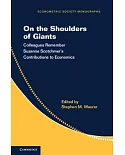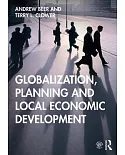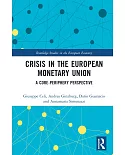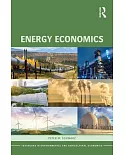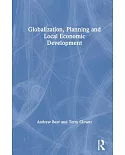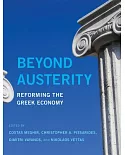'Compared to other regions of the world, the Middle East was once unique in its combination of authoritarianism and stultifying stability: No longer. Beginning in Tunisia, a wave of political
upheaval has rolled across the region, reaching Egypt, Bahrain, Libya, and other countries caught between rising expectations and their antediluvian political systems, abetted by pan-Arab news
channels and social networking media. This book examines the economics of the Middle East, with the aim of identifying changes to economic policy that could address at least the economic
component of the challenges facing this part of the globe. The authors analyze the interaction of trade, productivity growth, and the political difficulties that may ensue as these countries
move towards greater openness. Relevant comparisons are drawn from the experience of the transition economies and India on potentially successful policies and those likely to exacerbate
existing problems. This new second edition contains a new introductionfrom Mohamed A. El-Erian and a new postscript'--Provided by publisher.





